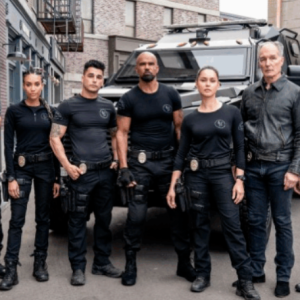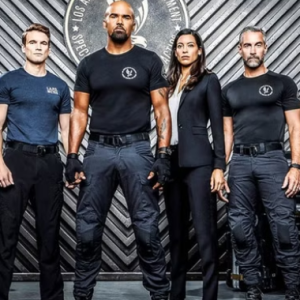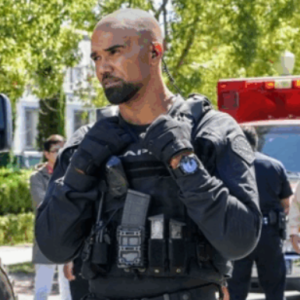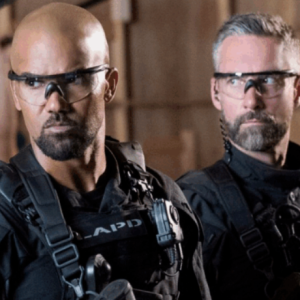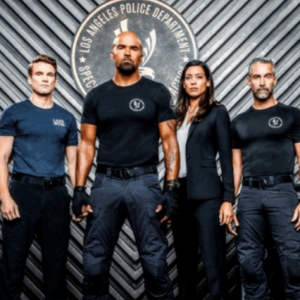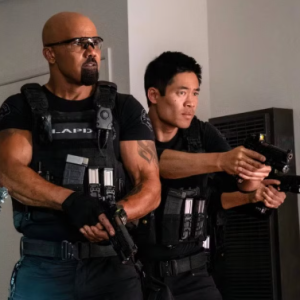Sergeant Daniel “Hondo” Harrelson has been the unwavering moral compass and formidable leader of Los Angeles S.W.A.T.’s 20-Squad for eight seasons. His character, deeply rooted in the community he serves, defined by personal sacrifices, and fiercely loyal to his team, has resonated profoundly with audiences. Hondo is not just a tactical expert; he is a mentor, a father figure, and a vital bridge between the LAPD and the diverse neighborhoods it protects. This meticulously crafted character arc makes his unceremonious and unexplained departure from 20-Squad to lead a new group of “cast-off” officers in the upcoming S.W.A.T. Exiles spinoff a profound narrative discontinuity. S.W.A.T. Season 8 offered no discernible clues, no simmering conflicts, no hints of reassignment, and certainly no farewell that would prepare audiences for such a radical shift. This abrupt transition leaves a substantial void, challenging the very foundation of Hondo’s character and the established continuity of the S.W.A.T. universe.
The abruptness of this shift presents a significant challenge for Sony and the creators of S.W.A.T. Exiles. Fan engagement with long-running series like S.W.A.T. is built on emotional investment in characters and their journeys. Hondo’s decision to leave his tight-knit 20-Squad, a unit he has bled for and nurtured, demands a compelling justification that aligns with his established principles. Without such an explanation, the spinoff risks alienating its core audience, undermining the integrity of a beloved character, and making the new series feel like a disconnected reboot rather than a meaningful continuation. The stakes are high: it’s not merely about filling a plot hole, but about preserving the emotional capital built over nearly a decade.
This is where the “20-Squad sacrifice” theory emerges as Sony’s most viable and impactful strategy to bridge this narrative gap. The theory posits that a catastrophic event befalls Hondo’s original unit, providing the dramatic impetus for his new mission. Such an event would serve as a powerful catalyst, tearing down the old framework to justify Hondo’s leadership in building something entirely new with the “Exiles.” This approach acknowledges the audience’s investment and provides a visceral, emotionally charged reason for a character known for his steadfast loyalty to embark on an uncharted path.
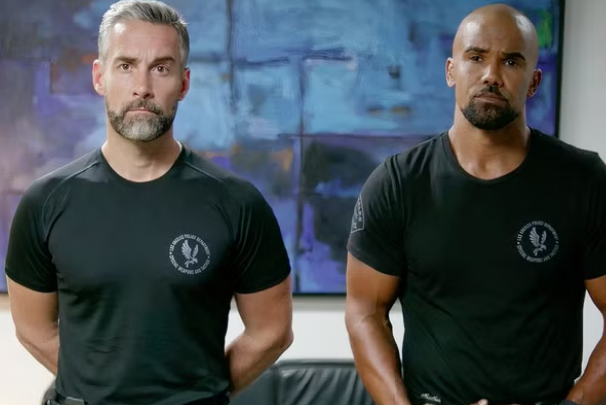
The nature of this potential sacrifice could manifest in several emotionally resonant ways, each carrying its own weight and offering distinct narrative possibilities for S.W.A.T. Exiles.
One potent scenario involves a tragic mission gone wrong. Imagine a critical operation where, due to bureaucratic interference, faulty intelligence, or an unforeseen breach, 20-Squad suffers a devastating loss. An officer, a friend, or even a civilian connected to the team could perish, leaving Hondo grappling with profound guilt and disillusionment with the system he’s dedicated his life to. This personal tragedy could fuel his decision to seek a new challenge, a project where he believes he can make a more direct, unfiltered impact, free from the constraints that led to such a heartbreaking outcome. His leadership of the Exiles, then, would not merely be a job but a personal crusade, a mission to prevent similar losses and redeem himself or the system that failed. This approach would imbue his new journey with immense emotional depth, transforming professional obligation into a deeply personal quest for atonement and justice.
Alternatively, a department-wide scandal could force Hondo’s hand. The LAPD, or elements within its higher echelons, might be implicated in a cover-up, a scheme, or a systemic failure that compromises the integrity of law enforcement. Hondo, ever the moral compass, could find himself compelled to expose the truth, even if it means risking his career. This act of defiance could lead to his blacklisting, a forced reassignment under the guise of an “opportunity,” or even the punitive dismantling of 20-Squad itself as collateral damage. In this context, Hondo’s leadership of the Exiles—a team composed of officers who are themselves marginalized or seeking second chances—would represent a powerful statement against corruption and a commitment to justice that transcends political expediency. He would be building a unit that answers to a higher moral authority, echoing his long-standing dedication to ethical policing.
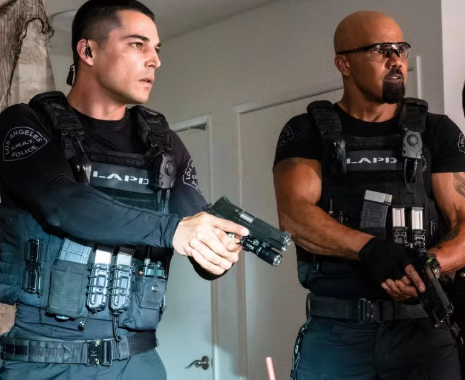
A more subtle, yet equally impactful, possibility could see Hondo’s team simply broken up over time. This isn’t necessarily a single, catastrophic event but a gradual erosion. Original 20-Squad members might receive promotions, transfer to other specialized units, retire, or face personal circumstances that lead them away from the team. Imagine Deacon’s eventual retirement, Luca’s potential move to a training role, or Street’s ambition leading him to another command. As the core of his “family” disperses, Hondo could find himself increasingly isolated, with the vibrant, unified spirit of 20-Squad dissipating. The Exiles project, in this light, would offer Hondo a chance to rebuild what he lost, to forge new bonds, and to mentor a fresh generation of officers, channeling his grief and sense of loss into a constructive new chapter. It would be a poignant reflection of the passage of time and the inevitable evolution of dedicated professionals.
Another compelling explanation could be a forced reassignment as punishment. Hondo’s consistent advocacy for his community, his willingness to challenge authority when he perceives injustice, and his sometimes “rogue” methods, while lauded by fans, might eventually be seen as a liability by higher-ups within the LAPD. To curb his influence or to silence a vocal critic, he could be “exiled” to a seemingly peripheral unit, framed as a “leadership opportunity” for a challenging new initiative. This scenario perfectly aligns with the “Exiles” theme, where Hondo leads a squad of officers who are themselves considered outsiders or have been cast aside. It paints Hondo as a victim of institutional politics, yet one who, true to his character, transforms adversity into an opportunity for positive change, proving that even a perceived punishment can be a stepping stone to a greater purpose.
Finally, Hondo could volunteer for the Exiles project after a major crisis that shakes the department or the city. A significant incident might expose deep-seated issues within the LAPD, highlighting the need for radical reform or a new approach to specialized policing. Hondo, recognizing the systemic flaws and feeling a profound sense of duty, could see the Exiles initiative as a “higher calling.” It would be his proactive choice to lead a program aimed at rehabilitating tarnished officers or implementing innovative strategies, thereby fixing what is broken within the system. This demonstrates Hondo’s evolving leadership, moving beyond local crises to address broader institutional challenges, choosing purpose over the comfort of his established team.
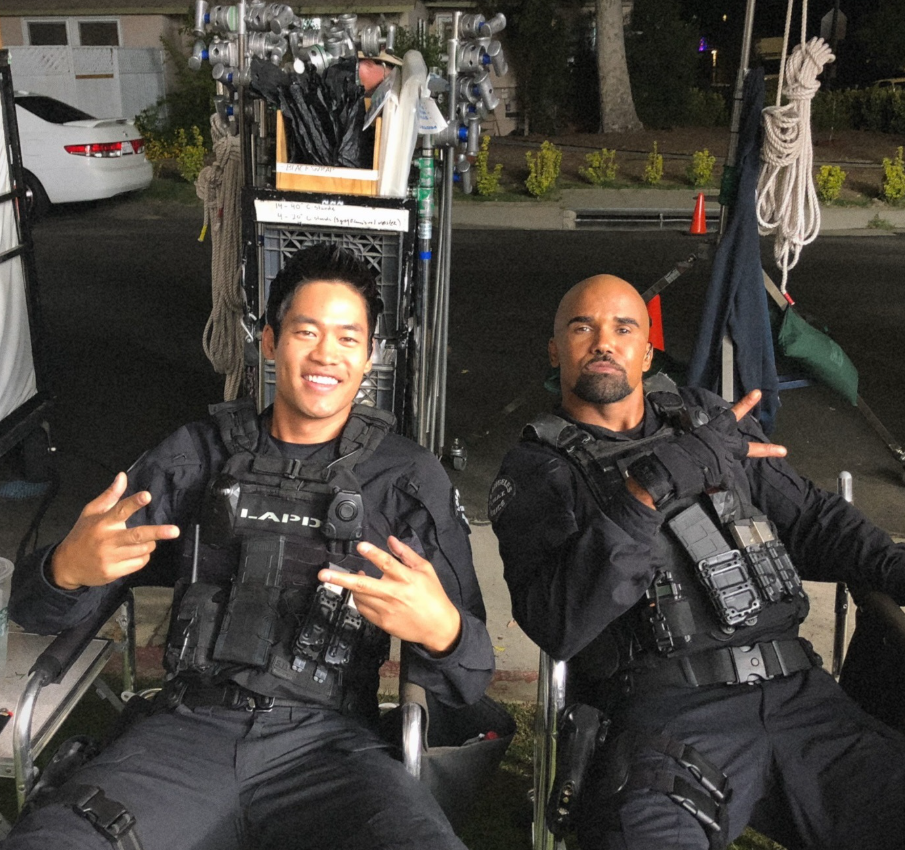
Without one of these robust explanations, or something equally compelling, the S.W.A.T. Exiles spinoff faces substantial risks. The absence of context would not only alienate long-time fans who have invested emotionally in Hondo’s journey but also fundamentally undermine the character development meticulously built over eight seasons. Hondo, a character defined by loyalty and unwavering commitment, would appear to abandon his team without cause, reducing his complex motivations to a mere plot device for a new series. This would transform Exiles into an emotional reboot rather than a meaningful continuation, disconnecting it from the very legacy it seeks to build upon. The S.W.A.T. fanbase is discerning; they crave more than just new action sequences or a fresh cast; they demand narrative integrity and emotional payoff rooted in the established universe.
Conversely, embracing the “20-Squad sacrifice” theory could significantly elevate S.W.A.T. Exiles. It would provide Hondo with a powerful, personal mission, moving beyond the routine of leading a tactical unit. His new endeavor would be imbued with a sense of purpose directly linked to past trauma or injustice, allowing him to try and prevent another tragedy, or redeem a system that failed. This not only gives his character arc profound emotional depth but also sets a poignant tone for the new series, grounding every success and every newly formed team bond in a hard-won journey of recovery and resilience. The “Exiles” would become a testament to overcoming adversity, a theme deeply resonant with the S.W.A.T. franchise’s ethos.
To deliver this crucial explanation, Sony doesn’t necessarily need to reconvene the entire original cast for a lengthy arc. A single, well-crafted flashback episode in the early stages of S.W.A.T. Exiles could provide the necessary closure and context. Such an episode could powerfully depict the “fall” of 20-Squad, establish the profound stakes, and anchor Hondo’s new path in a tangible loss or a significant turning point. Even brief cameos from beloved characters like Deacon, Luca, or Street, perhaps through a final, impactful scene or a reflective moment from Hondo, could bridge the gap, transforming Exiles from a mere spinoff into a spiritual sequel that honors its origins.

In conclusion, for S.W.A.T. Exiles to truly resonate with the franchise’s dedicated audience and secure its long-term success, the narrative imperative to explain Hondo’s dramatic shift is paramount. The “20-Squad sacrifice” theory, whether realized as a tragic mission, a department scandal, a team disbandment, a forced reassignment, or a voluntary response to crisis, offers the cleanest, boldest, and most emotionally compelling solution. Hondo, a character whose essence is loyalty and leadership, should not have left his team without a profoundly significant reason. It is now incumbent upon S.W.A.T. Exiles to deliver that explanation, proving that his new journey is not a convenient plot device, but a purposeful evolution born from the very heart of the S.W.A.T. universe.
